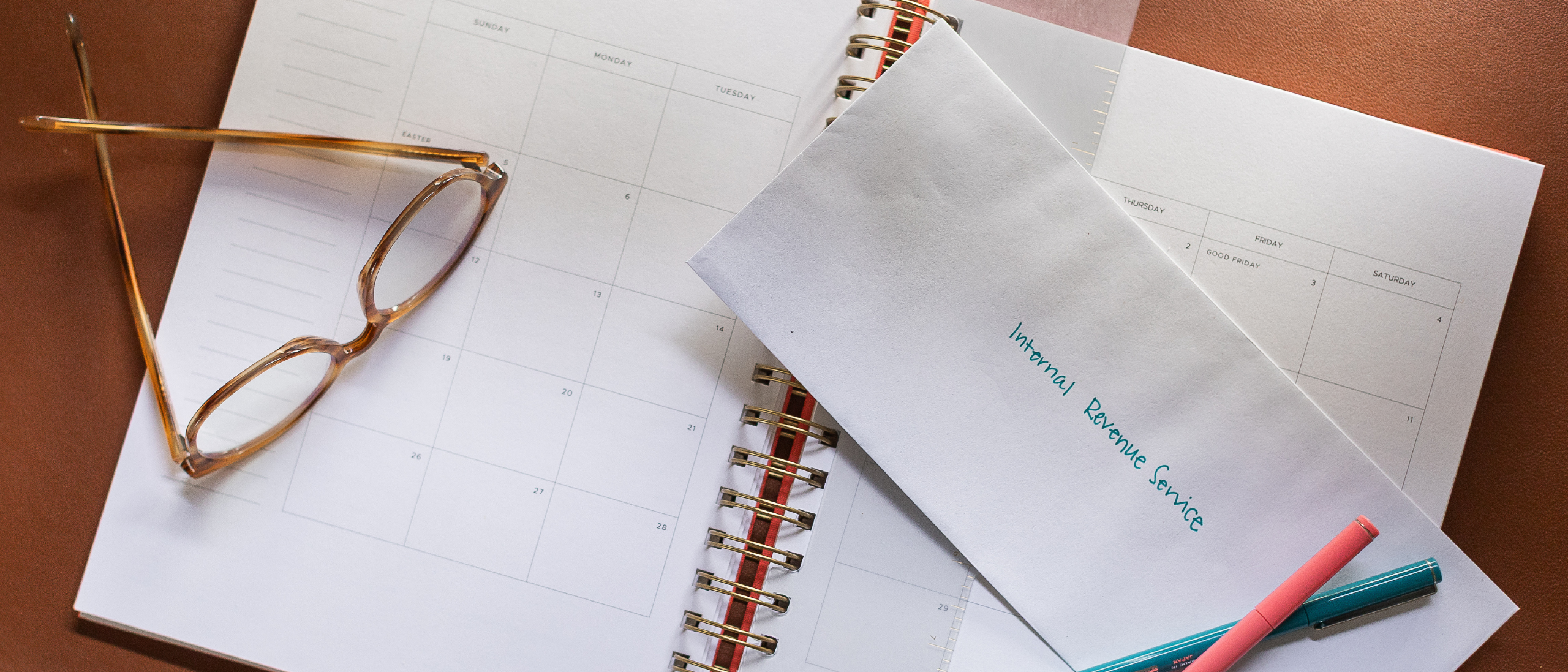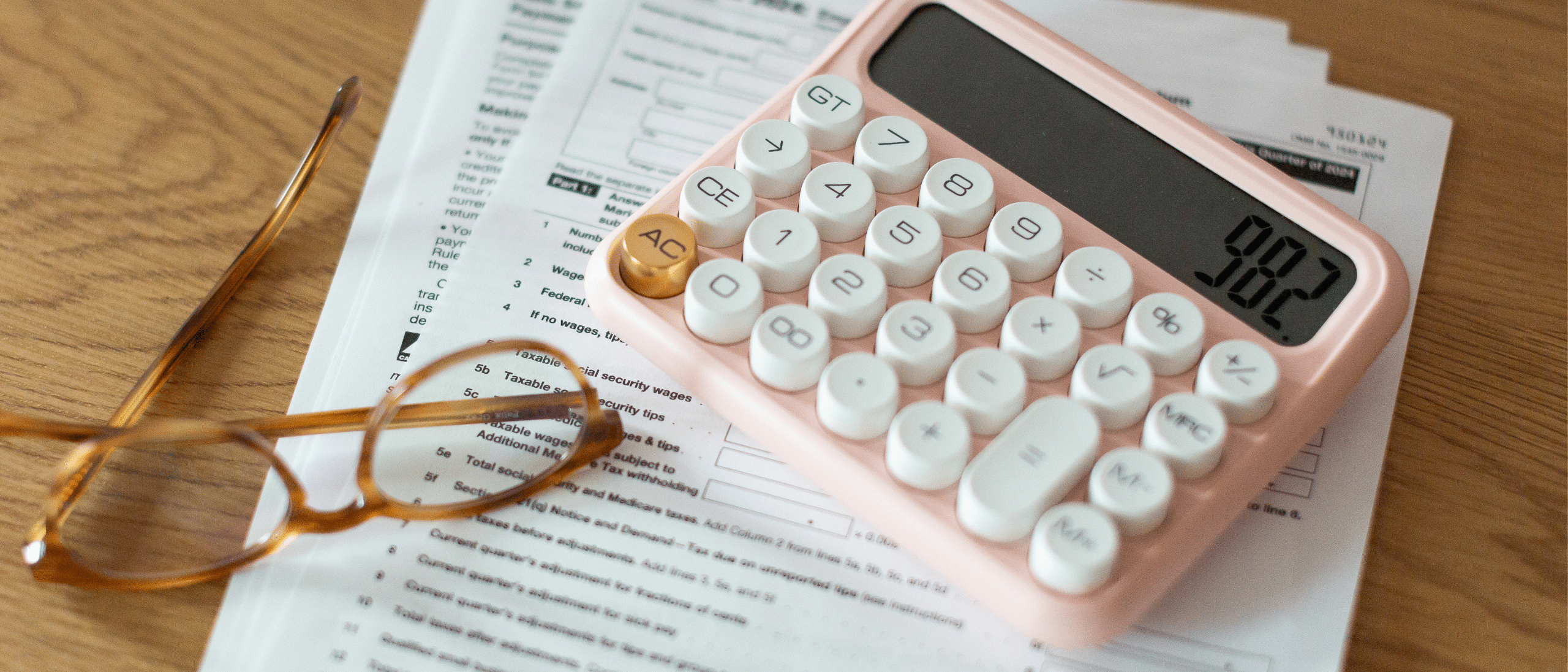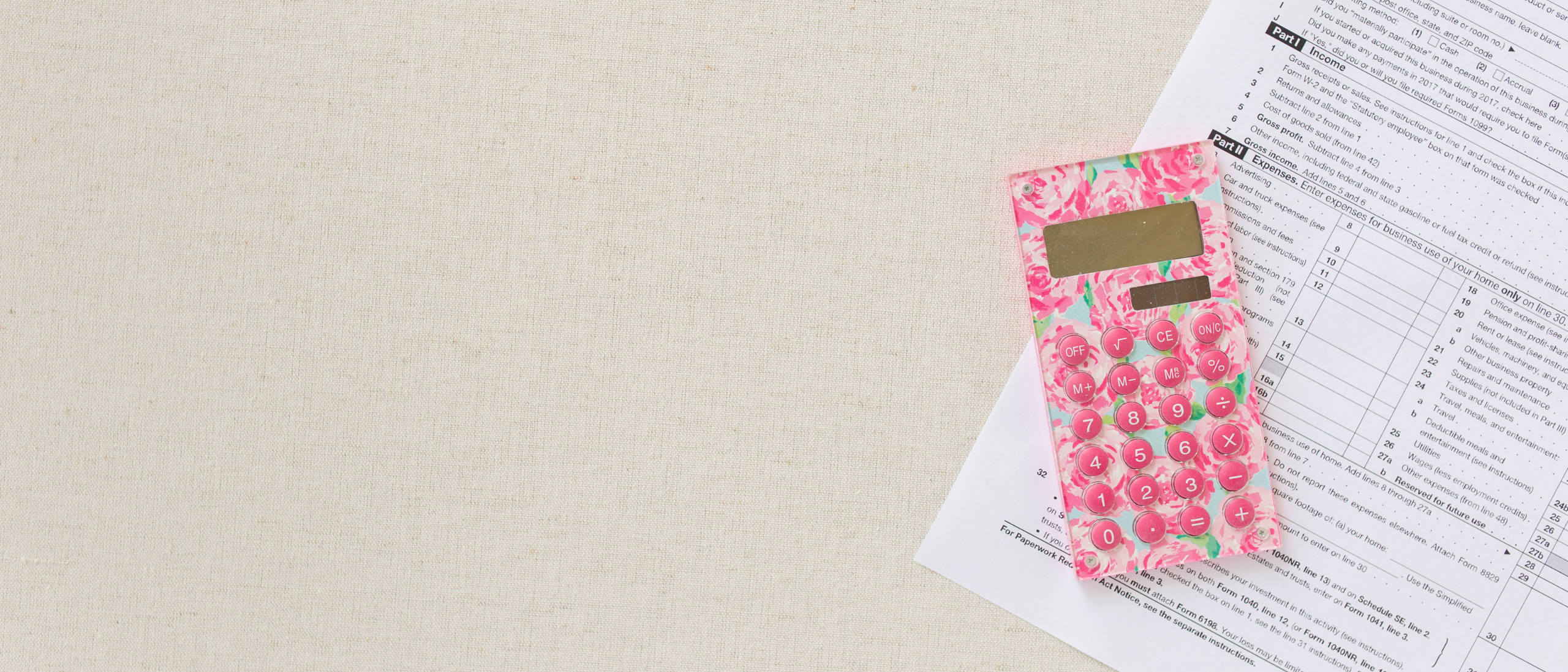A favorite tax trick of freelancers, solopreneurs, and small business owners is the ability to deduct a portion of your household expenses if you have a home office.
For instance, if you use a room that takes up about 20% of your home as an office, you can deduct 20% of the cost of maintaining that house as a business expense (including mortgage interest, taxes, maintenance and repairs, insurance, utilities, and other expenses).
But if you’re using a portion of your house to get a business tax break, what happens when you sell that house? Does that portion of your home suddenly qualify as business income from a sale of a property? Can the gain on the sale of the business portion of your house still fall under the $250,000 (or $500,000 if you’re married and filing jointly) special home sale tax exclusion or is it treated separately?
There are two key questions you need to ask yourself when figuring out how to handle this.
Is Your Office Inside or Outside Your Home?
If your office is located within the walls of your home—such as in a spare bedroom or a portion of the basement—you’re in luck! You do not need to divvy up the profit from the sale of your house between your business and personal taxes, and 100% of that gain qualifies for the home sale tax exclusion. You still may owe some taxes, however, depending on how you filed your deduction, so make sure to skip to the next question!
So, if Lily has a photo studio in her basement for her business that takes up 20% of her home, and she sells her home for a $100,000 gain, all $100,000 will not be taxed as long as she owned and lived in that home as her primary residence for at least two of the past five years.
If, however, your home office is located in a building separate from your main home—like a backyard shed or detached garage—you should treat it as the sale of two properties and expect to pay tax on the portion of that sale that represents your home office. You’ll report this income on Form 4797.
Pro tip: If you don’t use this space for business during the year of sale, this rule doesn’t apply. In other words, if you’re in this situation and know you’re going to be selling your house in the next year, move your office inside!
In the example above, if Lily’s photo studio was in a backyard shed instead of her basement, she would owe tax on 20% of the $100,000 gain (or $20,000).
Did You Deduct Individual Expenses and Depreciation or Use the Simplified Deduction?
Regardless of the answer to the above, you may owe additional tax based on how you chose to file your deductions.
If you calculated out individual expenses for your property to take deductions on those, you probably included the annual deduction you are allowed for depreciation, or the decline in value from wear and tear of the area of your home you use for business. If this is the case, you have to pay a tax on the depreciation deductions you’ve taken over the years (usually a 25% tax).
So if Lily deducted $5,000 from her business expenses over the past five years for depreciation of her home because of her office, she would owe $1,250 in taxes upon the sale of her home.
If, however, you use the simplified deduction that allows you to calculate your deduction based on the square footage of your office rather than individual expenses, depreciation is treated as zero and you owe no additional tax for this.
Abridged by Amy:
- Taxes on the sale of a home containing a home office depend on whether your office is located inside or outside of your home, and how you filed your deductions.
- If your office is within the walls of your home and you used the simplified deduction, there are no additional taxes on the sale of your home because of your home office.
- If your office was located outside of your home (like in a backyard shed), you will have to pay taxes on the portion of the sale tied to your home office.
- If you took deductions for depreciation of your home office, you will need to pay a tax on those deductions when you sell your home.




